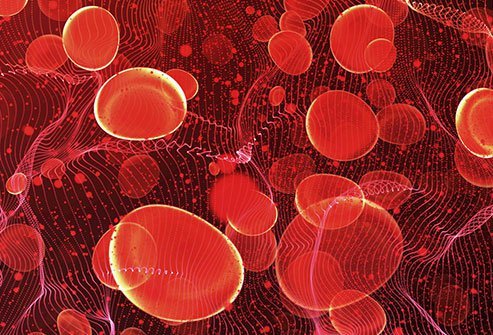Since vegans give up on meat and every kind of animal product including milk, eggs, and cheese, they are at a high risk of having anemia. Since vegans follow an entirely plant-based diet, they can suffer from serious iron deficiency.
So, how can one prevent anemia while being on a vegan diet? Well, the easiest way is to incorporate foods in your diet that can help make up for the absence of meat and dairy products.
Here are a few of the plant-based foods you can add to your diet to reduce the risk of developing anemia.
1. Beans
Benas like black-eyed peas and chickpeas are known as the beans with the highest amount of iron. Notably, a cup of cooked beans contains about 4.2 to 4.7 mg of iron. Other kinds of beans including soybeans, navy, white, lima, pinto, and kidney beans are also rich in iron. Including these beans in our diet can significantly decrease the risks of anemia, especially pernicious anemia.
2. Lentils
Just like beans, lentils are also packed with a decent amount of iron. Importantly, a cup of cooked lentils has around 6.6 mg of iron. Lentils are great in taste and you can try a variety of recipes using them.
Moreover, there are also various types of lentils that you can include in your diet including green, red, brown, beluga, and French lentils. All of these lentils are rich in iron and can be used in making delicious curries, soups, stews, and salads. Eating iron-rich food like lentils can also help you deal with celiac disease.
3. Soy Foods
Like soybean itself, soy-based foods like tempeh, soy milk, and tofu are also great sources of iron. Eating a bowl of oats or cereal made with soy milk can help deal with different types of anemia, including macrocytic anemia. You can easily find tempeh and tofu at any mainstream grocery store. Also, you can try natto, a breakfast staple in Japan made of fermented soybeans, as an alternative.
4. Seeds, Nuts, and Nut Butters
Various types of seeds, nuts, and nut butter are eminent sources of iron. Adding pumpkin, hemp, flax, and sesame seeds to your diet can help minimize the risk of developing anemia as a vegan.
As far as the nuts are concerned, cashews, almonds, pine nuts, baruka, and macadamia nuts are also a good way to fulfill your body’s iron needs. Notably, raw nuts are known to have a greater iron content than raw ones.
5. Leafy Greens
Vegans must never neglect dark leafy greens. Green, leafy vegetables like spinach, collards, kale, Swiss chard, and beet greens are important sources of iron. Essentially, 100 grams of spinach is known to have a greater amount of iron than red meat, salmon, chicken, and eggs.
6. Potatoes
Apart from green vegetables, a potato is another vegetable that is rich in iron. A large, unpeeled potato can provide you with over 18 percent of your reference daily intake of iron. Given that, always make sure to leave the potato’s skin on while eating it to bring down the risk of anemia.




